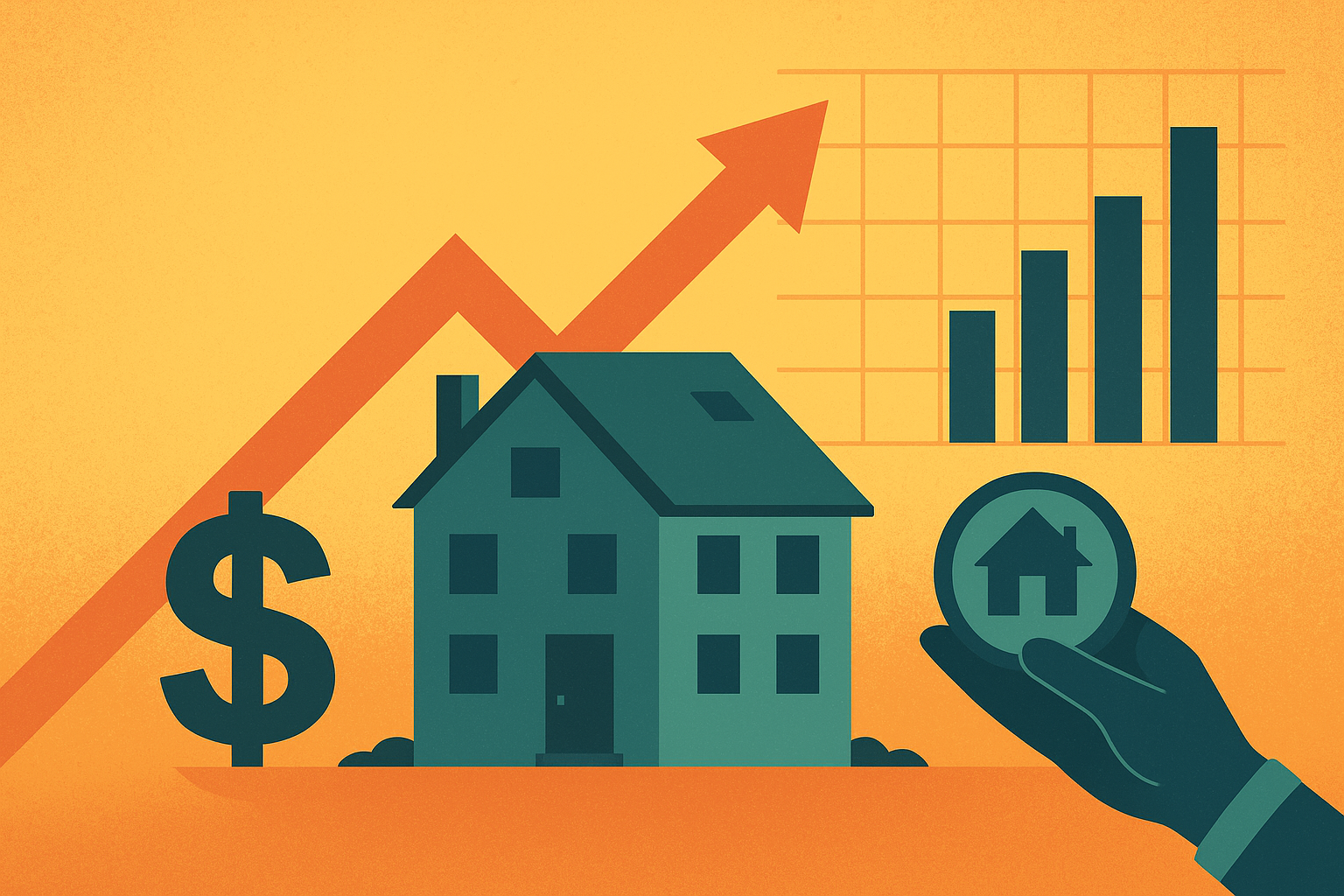In a lending environment characterized by tightening credit standards and subdued growth across traditional sectors, affordable housing finance companies are quietly emerging as a rare bright spot. With housing demand surging in key markets and government-backed initiatives fueling financing activity, these firms are drawing increasing attention from institutional investors looking for resilient returns.
Housing Finance Defies Lending Slowdown
While broader lending markets face headwinds due to rising interest rates and risk-averse banking practices, the affordable housing segment is demonstrating remarkable resilience. According to data from The Economic Times, specialized housing finance firms have recorded double-digit lending growth in the past two quarters, outperforming mainstream retail credit portfolios.
Regulatory support is a key driver. Many governments, including those in Asia and emerging markets, have expanded subsidies, tax incentives, and guarantees for first-time homebuyers and low-income housing projects. This policy backdrop has helped mitigate default risk and attracted funding flows from private equity and institutional lenders.
Why This Matters for Investors
For investors, the trend signals two critical dynamics. First, it underscores the shift toward impact-oriented and socially aligned investments, where affordable housing finance sits at the intersection of stable yield and positive social outcomes. Second, it offers an alternative to traditional banking and real estate channels, which remain vulnerable to tightening liquidity conditions.
A recent report by McKinsey & Company highlighted that affordable housing finance in high-demand urban centers could deliver annualized returns of 8–12% with relatively low volatility compared to unsecured lending products. Furthermore, the rising popularity of securitized housing finance instruments in markets like India and Southeast Asia has opened new avenues for fixed-income investors.
Future Trends to Watch
Several emerging trends could shape the trajectory of this sector over the next 12–18 months:
- Securitization and Listed Instruments: More housing finance companies are expected to package their loans into tradable securities, creating scalable investment opportunities.
- Green and Sustainable Housing Finance: ESG-focused funds are increasingly targeting low-cost, energy-efficient housing projects, aligning with climate-focused capital allocations.
- Private Equity Involvement: With traditional banking channels constrained, private equity firms are stepping in to finance specialized housing lenders, signaling potential for consolidation and M&A activity.
Analysts from Bloomberg Intelligence note that the sector’s risk-adjusted spreads remain attractive despite the global rate environment, and default rates have stayed below 2% in key markets.
Key Investment Insight
For portfolio managers and individual investors seeking stable, income-generating assets amid global credit tightening, affordable housing finance represents a compelling opportunity. Exposure can be gained through:
- Direct equity stakes in specialized lenders listed on regional exchanges.
- Participation in securitized affordable housing loan products or housing finance bonds.
- Allocation to real estate investment trusts (REITs) with a focus on low-cost housing projects.
Investors should, however, closely monitor regional regulatory developments and housing demand indicators to assess long-term sustainability.
Stay Ahead with Daily Investor Intelligence
As affordable housing finance cements its position as a bright spot in a challenging lending environment, MoneyNews.Today continues to track emerging opportunities across real estate, lending, and impact investing sectors. Stay connected with our daily insights to navigate market shifts with confidence and precision.





